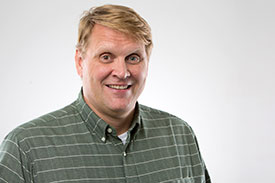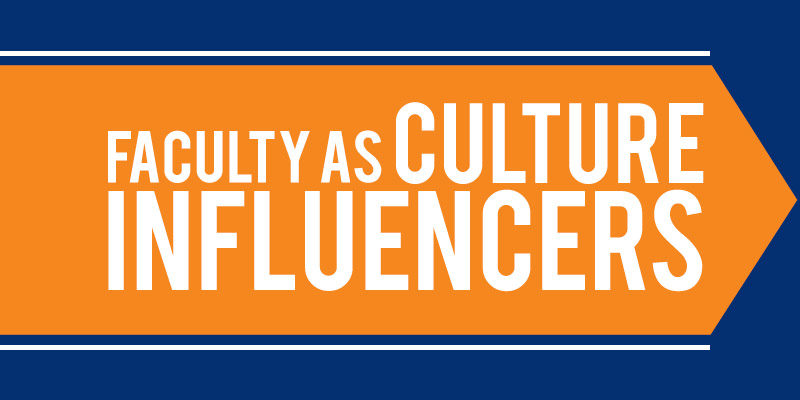 Dr. Timothy Ewest, associate professor of Management in the Archie W. Dunham College of Business, has been asked to be a guest editor for a special issue of Religions journal. This special issue explores research considering “Integration of Religion in the Workplace.” Religions Journal is an international, open access scholarly journal, publishing peer-reviewed studies of religious thought and practice. Religions journal is available online to promote critical, hermeneutical, historical, and constructive conversations.
Dr. Timothy Ewest, associate professor of Management in the Archie W. Dunham College of Business, has been asked to be a guest editor for a special issue of Religions journal. This special issue explores research considering “Integration of Religion in the Workplace.” Religions Journal is an international, open access scholarly journal, publishing peer-reviewed studies of religious thought and practice. Religions journal is available online to promote critical, hermeneutical, historical, and constructive conversations.
Specifically, this special issue of Religions journal will consider how individuals of various world religions integrate religious beliefs and practices into the workplace. For example, Judaism stresses a commitment to help heal the world (Tikkun olam); Catholicism has several modern papal encyclicals that guide laity in their work; Islam retains usury teachings that forbid charging of interest (Riba) and also accent the theme of stewardship (Khalifa). Non-Abrahamic traditions also guide practices and attitudes toward work, such as Hinduism that prescribes the type of work based on who a person is (Purusha) and working in accordance with the universal order (Dharma). In actuality, for many around the world, religion is an important part of their personal identity formation, is used in sense-making, provides a deep sense of personal purpose and acts as an ethical foundation.
In response to the reality of individuals integrating their religious faith into the workplace, there is an emerging field of research which recognizes the presence of religion in the workplace and understands religion as a complex formative reality in the lives of workers. Moreover, there is also research which considers how organizations engage with religious employees. This special issue intends to capture numerous scholars from the seven great religions as a means to better understand the complexities of individual’s integrating their faith and their work and from such an understanding provide insights into how religious faith can be seen as a vital aspect of the human experience.






